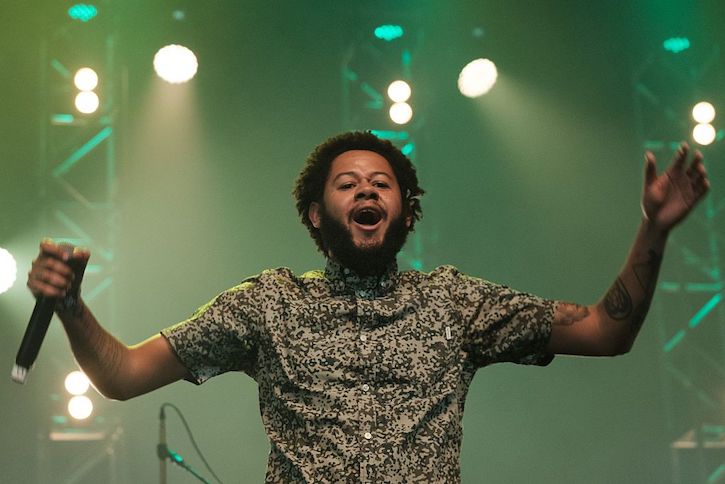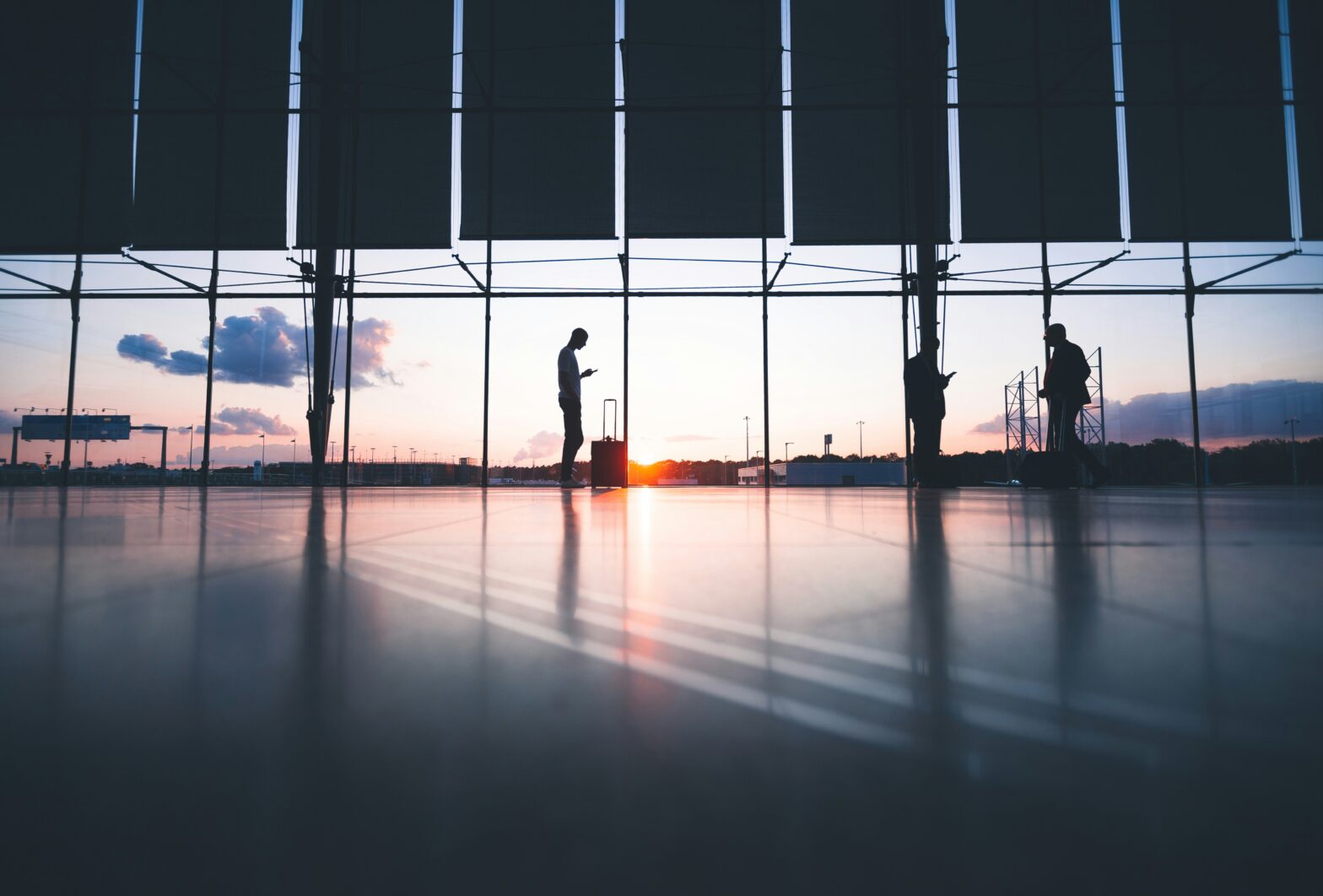Just like other countries from the African Diaspora, Brazil has birthed thousands of influential Afro-Brazilians since its slavery era, which ended in 1888. From abolitionists to civil rights champions during the country’s military dictatorship (1964-1985), Black leaders always stood up against the structural racism presented in the largest Latin American country.
Many of them were brutalized, jailed and killed. However, they paved the way for the new Black generation. Now, it’s their turn to continue this journey of struggle and activism. Meet six of the most influential Afro-Brazilian activists under 50 today who are working hard to empower the Black people in Brazil.
1. Djamila Batista: Philosopher and Academic
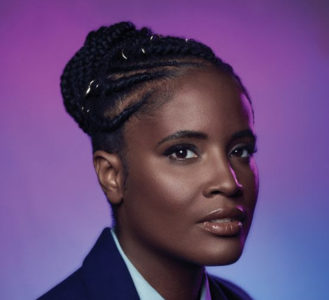
Philosopher, academic and activist, Djamila Ribeiro is one of the leading names in the Black feminism movement in Brazil nowadays. Born in the city of São Paulo, Ribeiro leads debates on racism and gender discrimination to several groups through the internet, as well as participation in television programs and relationships with celebrities.
In May 2016, she was appointed São Paulo’s deputy secretary for Human Rights and Citizenship Affairs. In 2019, she was voted by the BBC as one of the 100 most inspirational and influential women in the world.
2. Emicida: Rapper, Entrepreneur, Writer, Plastic Artist and Documentarian
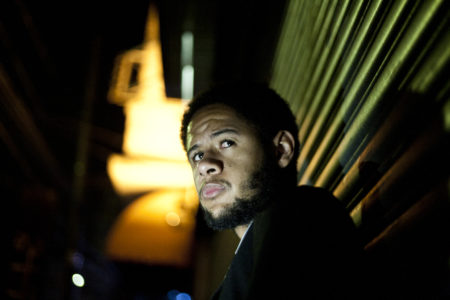
Leandro Roque de Oliveira, also known as Emicida, is a rapper, TV presenter, visual artist and fashion entrepreneur. Raised in the state of São Paulo, he started writing rap lyrics in his teens. Today, he is the most influential rapper in Brazil, with over 5 million followers on his social media.
Racial issues are the main theme of the artist’s work. Born Black and poor, he uses his lyrics to report racism and police violence in the outskirts of Brazil. In 2020, he released the acclaimed documentary ‘Amarelo – É tudo para pra noite’, on Netflix, in which he narrates the lives of the most important Afro-Brazilian personalities in history.
This year, he was nominated for the BET Awards 2021 ‘Best International Act.’ Emicida is one of the exponents of contemporary black Brazilian activism.
3. Silvio de Almeida: Lawyer and Professor of Philosophy (1976)
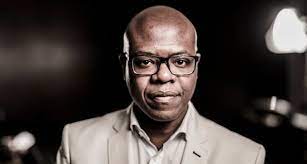
Lawyer and Philosophy Professor, Silvio de Almeida has stood out in recent years for articles and books in the area of race relations in Brazil. His book entitled “What is structural racism?“ is considered one of the most important studies on race and racism in Brazil.
Over the past few years, he has lectured in Brazil and abroad on topics related to ethics and fight against racism. Also, Almeida provides consultancy for major Brazilian companies that want to implement anti-discrimination practices and promote diversity and inclusion.
4. Érica Malunguinho: Performer, LGBTQ+ Activist and São Paulo Lawmaker
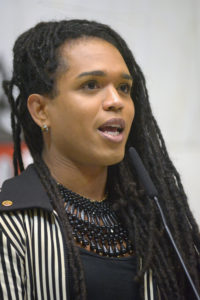
The first transgender woman to be elected as a state lawmaker in São Paulo, Erica is also an artist and activist of the black and trans movement. Born in the state of Pernambuco (Brazil’s northeastern state), she founded one of Brazil’s largest urban quilombo (Black settlements), Aparelha Luzia , located in the city of São Paulo.
This quilombo offers a cultural space that promotes and celebrates the artistic production of Black people from the Diaspora and also works as an area of resistance in the city of São Paulo. Before the pandemic, Aparelha Luzia Quilombo used to receive 500 people a day.
5. Lázaro Ramos Actor: Writer and Documentarist

The Brazilian actor is one of the most active in the black movement in the country. Born in Salvador, the city with the largest number of Afro-descendants in Brazil, Ramos has acted in more than 30 films, 40 plays, portrayed 15 characters on television and has more than 5 million followers on social networks.
His work mixes the artist’s personal stories with reflections on issues of race in Brazil. In 2017, Lázaro Ramos was honored by the UN as one of the most influential Black people in the world.
6. Renata Souza: Journalist and Rio de Janeiro’s State Lawmaker
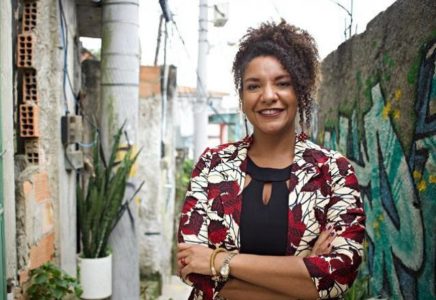
Journalist Renata Souza was born and raised in one of the largest favelas of Rio. Black and feminist, Renata has been working in the defense of Human Rights for over 12 years in several social movements. In 2018, Souza was elected Rio’s state lawmaker, being one of the most voted.
She works to empower Black women from the favelas and combat police brutality in impoverished neighborhoods.
Renata Souza also has ties to national and international human rights networks. In 2018, the lawmaker attended the United Nations meetings held with Margarette May Macaulay, Inter-American Commissioner for Human Rights and rapporteur on the Rights of Women and on the Rights of Afro-descendants of the Organization of American States (OAS).
